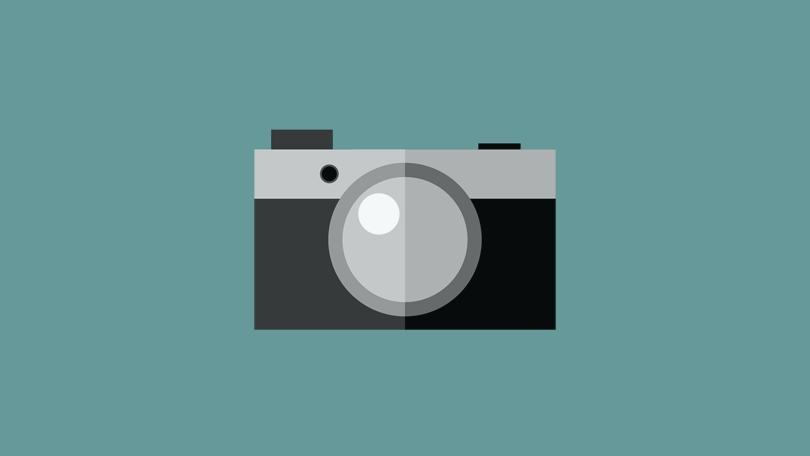More than 300,000 Indonesia annually consult a doctor about the problem kidney disease andurinary tract infections . two offive adult citizens Indonesia experience
increased risk of chronic kidney disease, and two of sepuluhnya have some signs of chronic kidney disease. During their lifetime, one third of women and one in ten people will suffer from bladder infections and one of 35 women will have a kidney stone.
Causes Risk For Kidney Disease
You are more at risk for chronic kidney disease if You Have diabetes, high blood pressure, are obese, have a lifespan of 60 years, a family history of kidney diseases such as polycystic kidney disease, smoke, possess heart problems (heart failure or previous heart attack) or has stroke
High blood pressure can damage the kidneys
High blood pressure or hypertension is an increase in blood pressure in the arteries that carry blood from the heart to all parts of the body. If not promptly treated, high blood pressure can damage the kidneys.
If blood pressure remains high and uncontrolled, can result in damage to the vessels that supply blood to your internal organs. If not treated promptly, it can cause kidney disease, heart attack, stroke and vision loss.
There isseveral different causes of high blood pressure, but the most high blood pressure can not be known. You are more at risk of high blood pressure if you are older or have a family history of high blood pressure.
High blood pressure also can develop as a result of kidney disease or renal artery stenosis (narrowing of the main arteries to one or both kidneys). Your kidneys control the amount of fluid in your blood vessels and produce a hormone called renin that helps to control blood pressure.
Change Style Life Can Reduce Blood Pressure
Styleliving healthy is very important to improve your overall health and reduce the risk of high blood pressure. It can also reduce the amount of medication you need or make your medication work better. Optionstyle Healthy living includes not smoking, eating nutritious foods, maintain weight, avoiding certain medications and avoid stress.
Symptoms of kidney disease
Kidney disease is called a 'silent disease' because there is often little or no symptoms. Some of the signs and symptoms include:
Changes in the frequency and quantity of urine is bad, especially at night (usually an increase in the beginning)
Swelling around the eyes and ankles (edema)
Pain in the back (under the lower ribs, where the kidneys are located)
Pain or burning during urination.
When the kidneys start to fail, there is a buildup of waste products and extra fluid in the blood as well as other problems, gradually leads to:
Fatigue, inability to concentrate
Generally feeling unwell
Loss of appetite
Nausea and vomiting
Hard to breathe.
Treatment for kidney disease
If detected early enough, the development of kidney disease can be slowed and sometimes even prevented. In the early stages, changes in diet and medications can help improve the lives of the kidneys.
If renal function decreases to less than 10 percent of normal, the loss of renal function should be replaced by dialysis or kidney transplantation. Dialysis is a treatment for kidney failure which removes waste products and extra water from the blood by filtering it through a special membrane.
Diagnosis of kidney disease
When kidney disease is detected early, it can save lives. Drugs and changestyle life, along with early referral to a kidney specialist may prevent or delay kidney failure.
If you are 'high risk' of chronic kidney disease, consult your doctor about kidney disease , kidney health checks usually include: blood pressure test, blood test for kidney function, urine test for albumin in the urine (albuminuria).
Lifestyle Changes Can Keep Your Kidney To Stay Healthy
Make a choice style healthy living can help to keep your kidneys functioning properly as:
Eat plenty of fruits and vegetables, including legumes (peas or beans) and whole grain-based foods such as bread, pasta, noodles and rice.
Eat lean meats such as chicken and fish every week.
Eat only small amounts of salty or fatty foods.
Drink plenty of water from the drinking of others. Minimizing the consumption of sugary drinks.
Maintain a healthy weight.
Keep fit. Do at least 30 minutes of physical activity that increases your heart rate atfive or more days of the week, including walking, mowing the lawn, riding a bike, swimming or aerobics soft.
If you do not smoke, do not start smoking. If you do, immediately stopped.
If you have high blood pressure consult regularly.
Do things that help you relax and reduce your stress levels.
Advertisement




